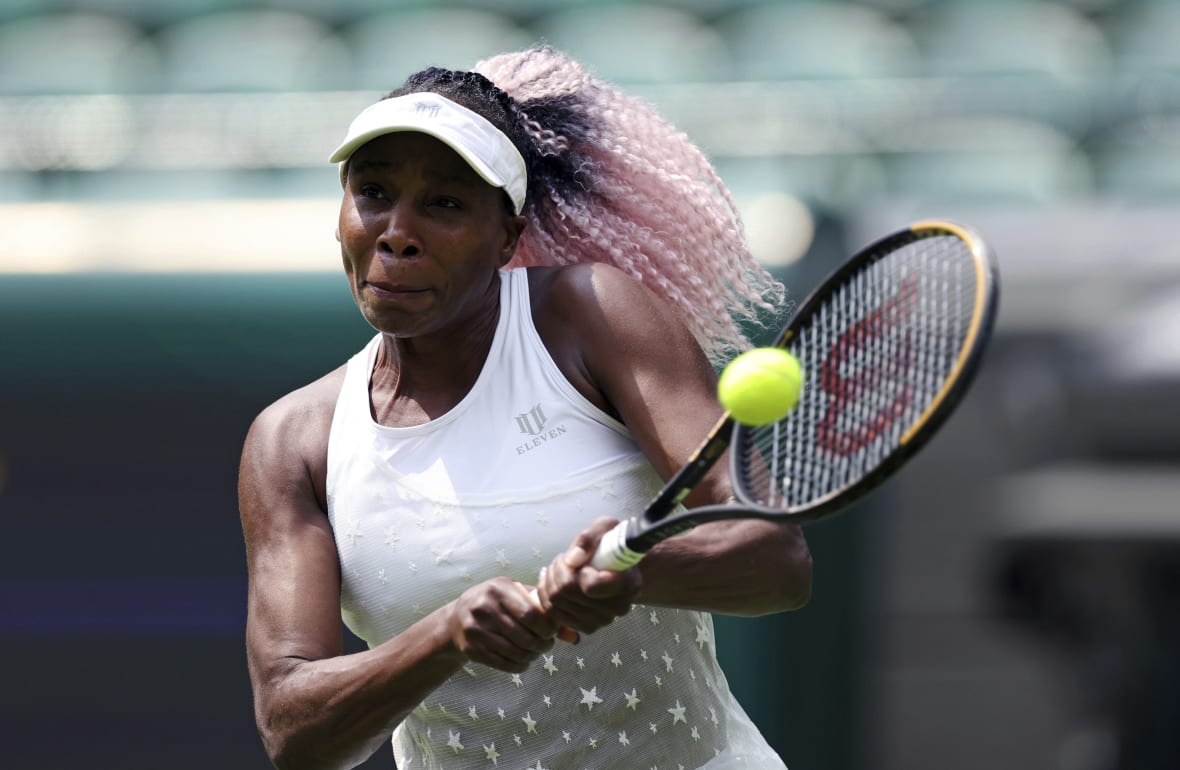A fencing competition is now at the center of the debate about trans athletes.
The fencing competitors looked almost the same, fully dressed in protective gear. But Stephanie Turner felt the athlete across from her was different in one important way.

After the usual gesture of touching foils, the match was over in seconds, with no lunge thrown. Turner knelt down and took off her mask.
Turner, 31, chose not to compete in a women’s event against an opponent she believes is transgender, sparking the latest controversy in the ongoing legal, political, and cultural debate over trans athletes in women’s sports.
“I told them I wasn’t going to fence because this person is a man, and I’m a woman, and this is a women’s tournament. I refused to compete on principle,” Turner shared with Fox News this week, while explaining a protest video she asked a friend to record.
After informing a fencing official that she wouldn’t compete against her opponent in the March 30 preliminary pool of the Cherry Blossom tournament in Maryland, Turner received a “black card” from the official, disqualifying her from the event, as shown in the video and confirmed by Turner.
“I knew what I had to do because USA Fencing hadn’t been listening to women’s concerns,” she later explained on Fox News.
“I’m a woman, and I have an athletic disadvantage against men,” Turner said, suggesting her opponent should compete in the mixed division.
According to USA Fencing rules, trans women athletes must undergo testosterone suppression treatment—a standard part of gender-affirming care—for at least 12 months before being eligible for women’s competitions. Turner’s opponent met the requirements, as confirmed by the non-profit group that qualifies U.S. fencers for the Olympics.
Turner had asked a friend to record the video of her protest and disqualification, which she later shared with Fox News. The video gained significant attention after being posted by the Independent Council on Women’s Sports, an advocacy group that opposes trans athletes.
Turner informed her opponent that she was prepared to be disqualified.
Turner had intentionally avoided tournaments where she believed there might be a transgender athlete, she told Fox News. However, in this instance, she had registered before her opponent.
After taking a knee, Turner’s opponent approached her, thinking she might be injured, according to Turner and the video. The two spoke briefly as the judge stepped out of view. While their conversation isn’t clearly audible in the video, Turner said her opponent told her that she had the right to compete.
Turner recalled her opponent saying, “There’s a policy that recognizes me as a woman, so I’m allowed to fence, and you’ll be black-carded.”
Turner responded, “I know.”
The tournament, held at the University of Maryland’s College Park campus, was sanctioned by USA Fencing and had no involvement from the NCAA.
Turner was disqualified from the tournament that day due to her refusal to compete in the match, and not for any personal statement, according to USA Fencing. “A fencer is not allowed to refuse to fence against another properly entered fencer for any reason. Under these rules, such a refusal leads to disqualification and the corresponding sanctions.”
In a statement, USA Fencing explained that its transgender policy was implemented with the belief that everyone should have the opportunity to participate.
“USA Fencing will always prioritize inclusion, and we are committed to revising the policy as more evidence-based research becomes available or as changes occur in the broader Olympic and Paralympic movement,” the organization stated.
Policies for transgender athletes differ across sports.
Rules regarding transgender athletes’ participation vary across amateur sports, as scientific consensus on their physical advantages remains unclear. Controversies have erupted, including incidents involving a San Jose State volleyball player and a University of Pennsylvania swimmer.
Turner’s opponent had competed in men’s fencing events as recently as June 2023, according to Fencing Tracker, a privately run site that tracks tournament results, and AskFRED, a platform for organizing tournament rosters. The opponent then transitioned to competing in the women’s division last year after a 15-month break from USA Fencing-sanctioned events.
Turner’s opponent won gold medals at two women’s qualifying events—one with just six competitors—but has not dominated the sport. She ranked in the bottom half of the field in all women’s tournaments she has participated in, including The Cherry Blossom, according to competition records.
The NCAA now permits only athletes assigned female at birth to compete in the women’s category, following a rules change in February. This amendment came one day after President Donald Trump signed an executive order to “withhold all funds” from colleges and universities that allowed transgender women athletes on women’s sports teams.
The order was condemned by Athlete Ally, an organization that supports transgender athletes: “Our hearts break for the trans youth who will no longer experience the joy of playing sports as their true and authentic selves,” the group said.
In response to growing gender inclusivity in sports, some athletes and teams have chosen to forfeit matches against opponents they believed included transgender players. Last year, college volleyball teams forfeited games against San Jose State, claiming one of their players was transgender. The Spartans ultimately missed out on the Mountain West Conference title, and neither the school nor the player has publicly addressed the gender dispute.
In 2021, the International Olympic Committee introduced a new framework for transgender participation, 17 years after lifting a ban on transgender athletes competing according to their gender identity. The updated rules removed the requirement for trans athletes to undergo surgery before competing and discouraged blanket bans on trans athletes in any sport, while still recognizing legitimate safety concerns.
“The Framework urges sports organizations to focus on actual risk, rather than using an athlete’s gender identity, gender expression, or physical appearance as a substitute for assessing risk,” the IOC stated.
As a result, international standards for trans athletes differ across sports, often in ways that do not fully accommodate all transgender women. Lia Thomas, a former University of Pennsylvania swimmer and one of the most well-known trans athletes in college sports, has been prohibited from competing in international events by World Aquatics’ rules, which only allow transgender athletes who have not gone through biological puberty.
Although Turner’s decision to refuse to compete against a transgender woman has garnered praise from conservative advocates and media, she told Fox News that she did not do it for attention.



